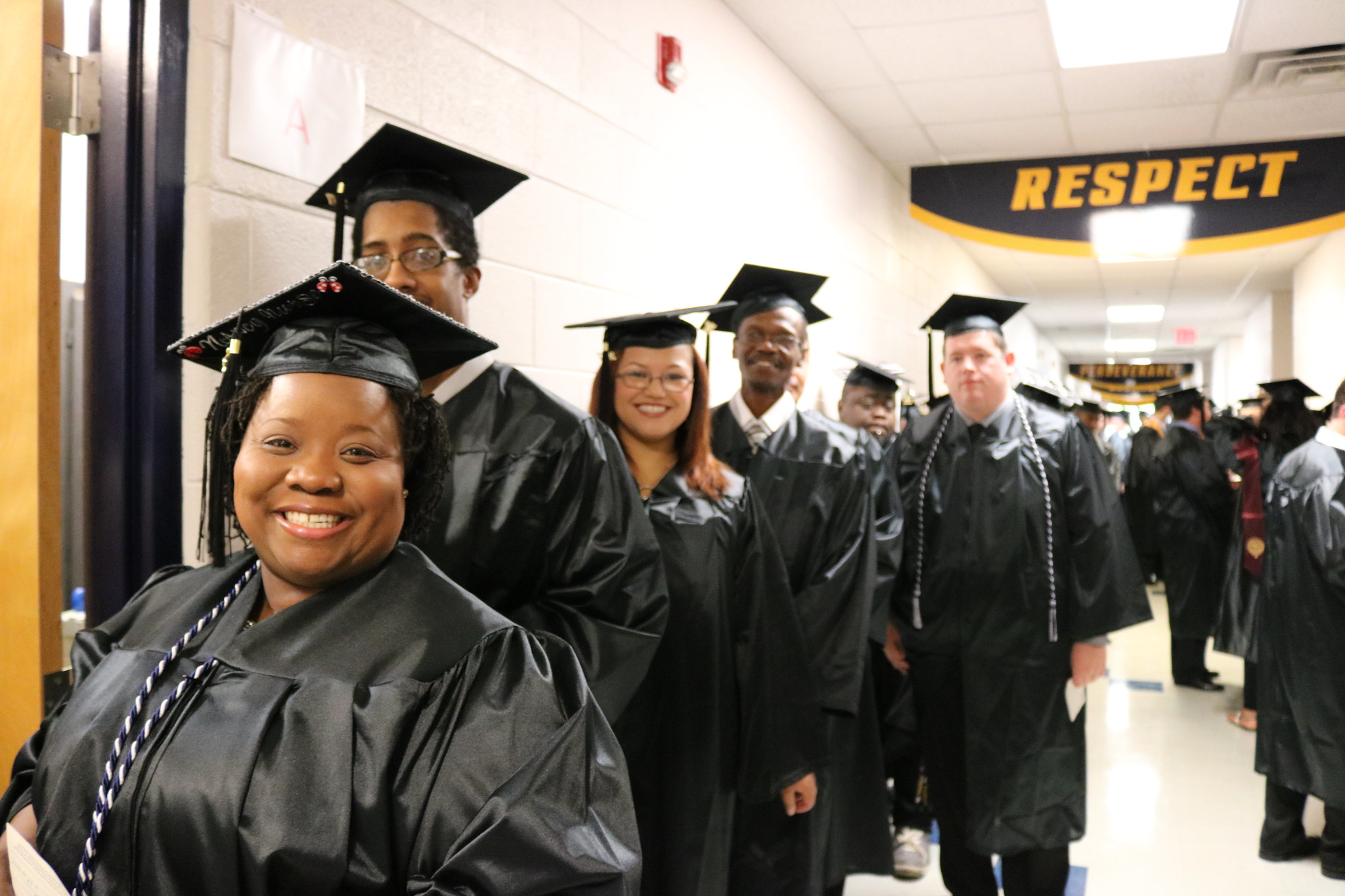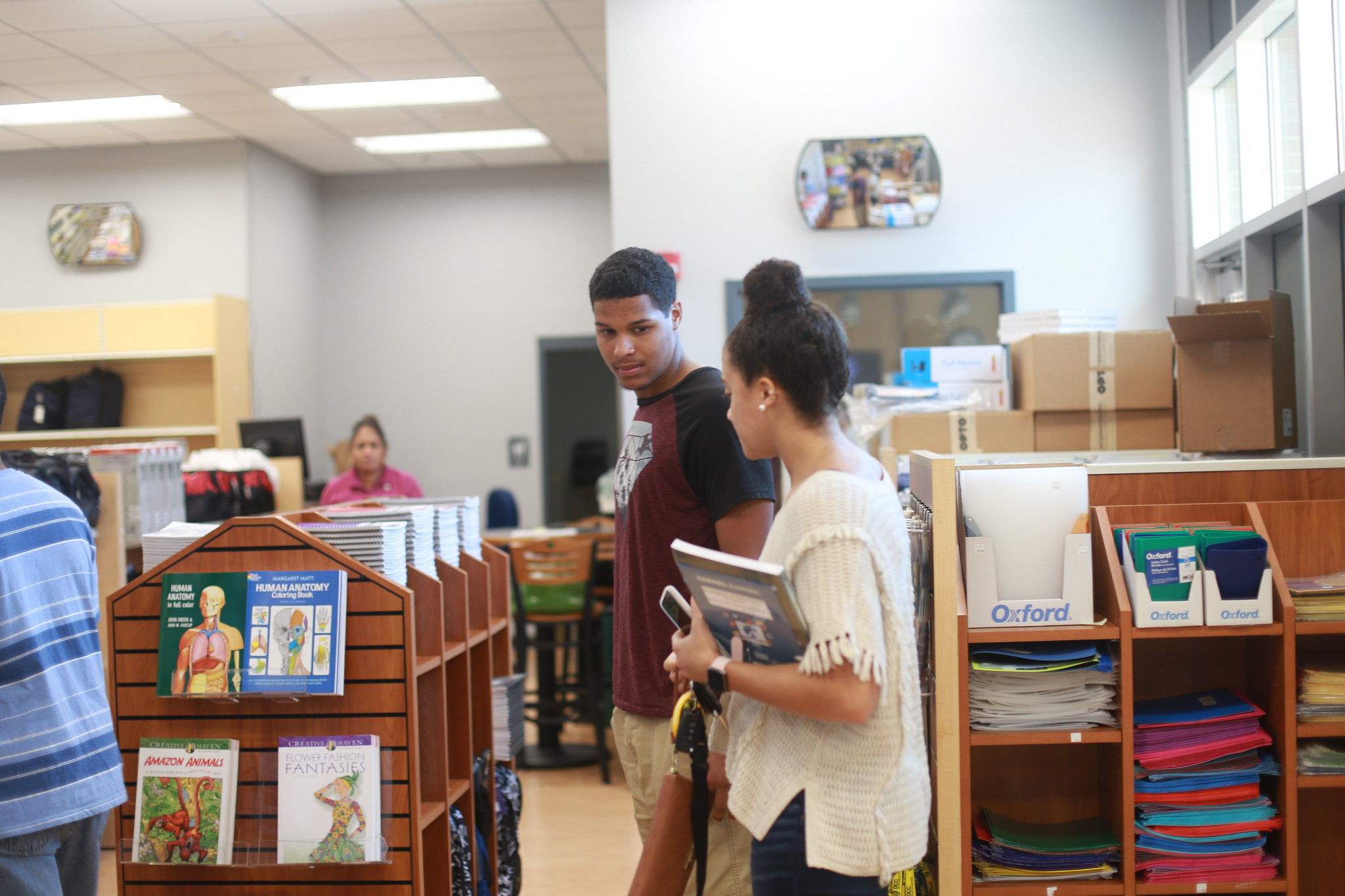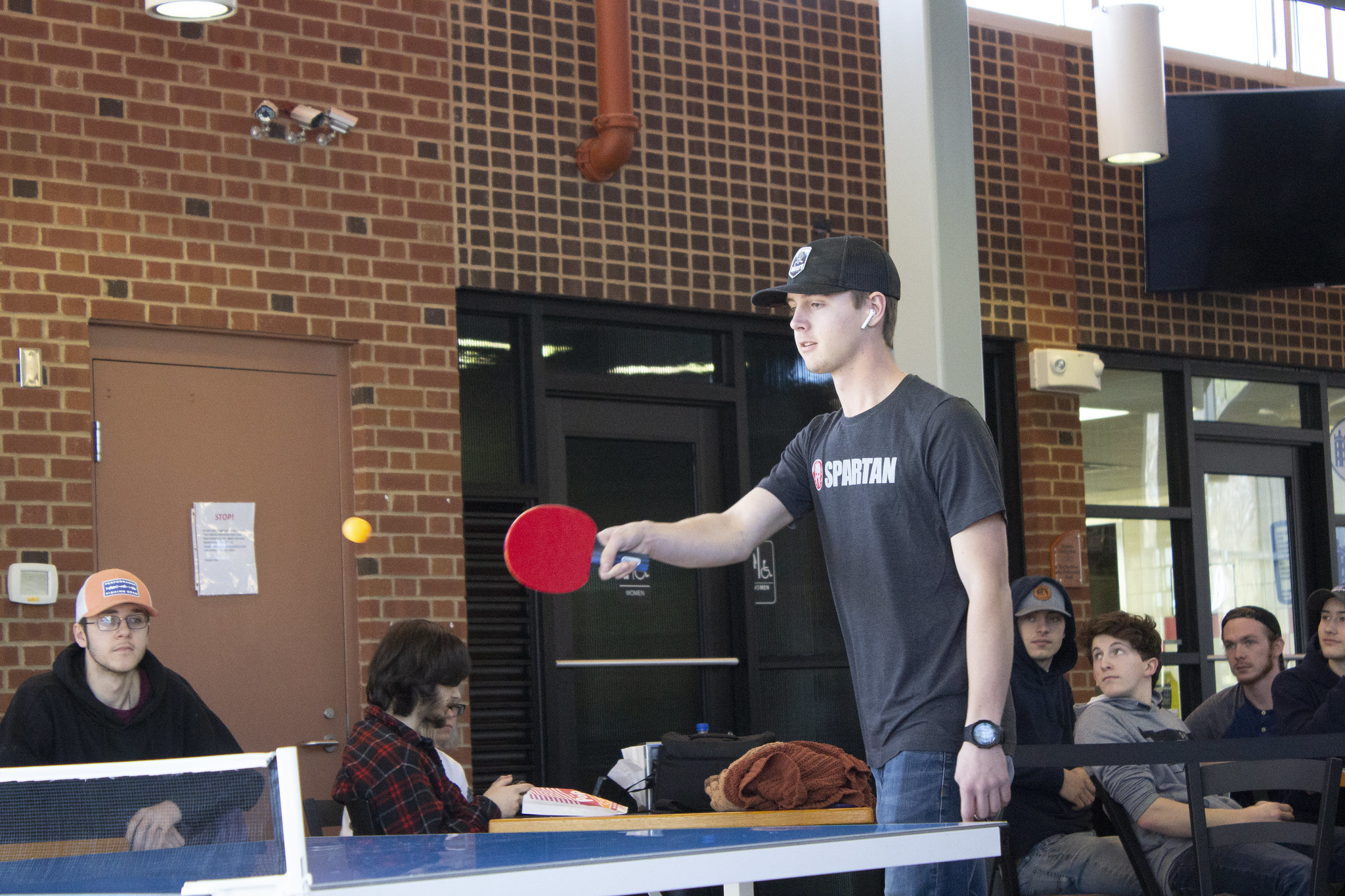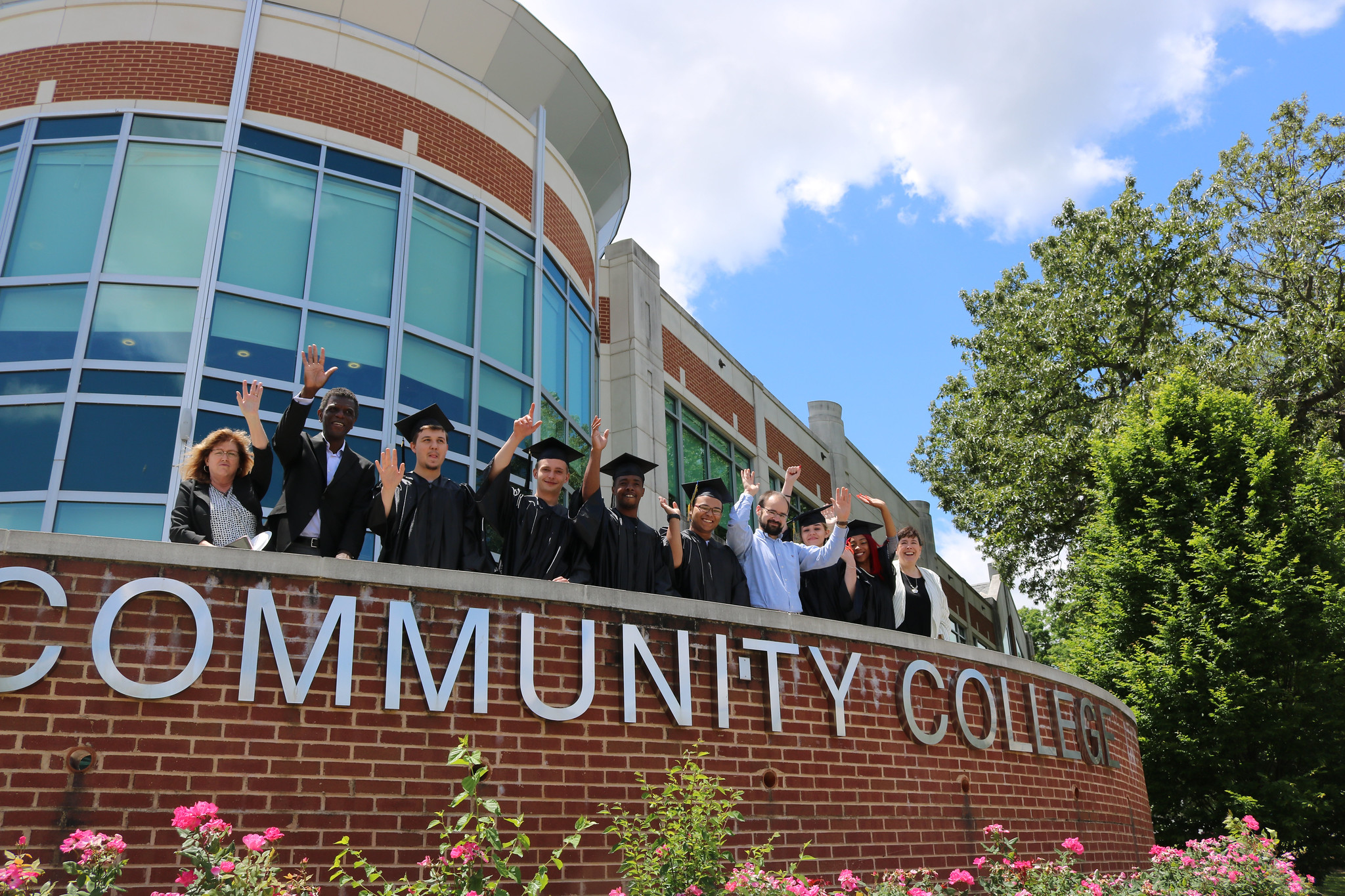Several definitions of specific learning disability exist. The definition most often used in higher education is that of the National Joint Committee on Learning Disabilities (NJCLD):
Learning disabilities is a general term that refers to a heterogeneous group of disorders manifested by significant difficulties in the acquisition and use of listening, speaking, reading, writing, reasoning, or mathematical abilities. These disorders are intrinsic to the individual, presumed to be due to central nervous system dysfunction, and may occur across the life span. Problems in self-regulatory behaviors, social perception, and social interaction may exist with learning disabilities but do not by themselves constitute a learning disability. Although learning disabilities may occur concomitantly with other handicapping conditions (for example, sensory impairment, mental retardation, serious emotional disturbance) or with extrinsic influences (such as cultural differences, insufficient or inappropriate instruction), they are not the result of those conditions or influences. (Brinckerhoff, Shaw & McGuire, 1993, p. 71)
Each definition of specific learning disability concludes that individuals with this disability have:
- Average to superior intelligence
- A chronic disorder of neurological origin which causes difficulty in receiving, processing, integrating, and/or expressing information
- A severe discrepancy between achievement and intellectual capacity in one or more areas that did not primarily result from a) inadequate sensory acuity, b) environmental, economic or academic disadvantage, c) emotional disturbance, or d) mental retardation.
Often people assume that students with learning disabilities are unmotivated and unintelligent. Many question whether these students can succeed in college. Many students with learning disabilities are not intellectually limited and have the potential to succeed in higher education. In fact, a learning disability can occur in people with superior intellectual functioning.
At the college level the LD diagnosis is elicited from a complex battery of aptitude, achievement, and information processing tests. This documentation is not only required by law to initiate the need for special services, but also determines the kinds of special services that are needed. Students who are believed to have a learning disability, but who have not been previously identified, should be referred to the Counseling Office. Although the College does not provide a formal system for diagnosis, information is provided on how testing may be obtained. The Association on Higher Education and Disability endorses the College's Rules and Guidelines.
CHARACTERISTICS
The following areas affect students with learning disabilities. All areas will rarely affect one student, but many areas will overlap resulting in cognitive difficulties.
STUDY SKILLS
- Inability to change from one task to another
- No system for organizing notes and other materials
- Difficulty scheduling time to complete short and long-term assignments
- Difficulty completing tests and in-class assignments without additional time
- Difficulty following directions
READING
- Poor comprehension and retention of materials read
- Difficulty reading new words, particularly when sound/symbol relationships are inconsistent
- Slow reading rate (takes longer to read a test and other in-class assignments)
- Difficulty interpreting charts, graphs, scientific symbols
- Difficulty with complex syntax on objective tests
WRITING
- Problems in organization and sequencing of ideas
- Poor sentence structure
- Incorrect grammar
- Frequent and inconsistent spelling errors
- Difficulty taking notes
- Poor letter formation, capitalization, spacing, and punctuation
- Inadequate strategies for monitoring written work
ORAL LANGUAGE
- Difficulty concentrating in lectures, especially two to three hours
- Poor vocabulary, difficulty with word retrieval
- Problems with grammar
MATH
- Difficulty with basic math operations
- Difficulty with aligning problems, number reversals, confusion with symbols
- Poor strategies for monitoring errors
- Difficulty with reasoning
- Difficulty reading and comprehending word problems
- Difficulty with concepts of time and money
SOCIAL SKILLS
Additionally, an adult with learning disabilities may have social skill problems due to inconsistent perceptual abilities. He or she may be unable to detect the difference between a joke, wink, and/or a disgusting glance. The student may not notice the difference between sincere and sarcastic comments, or be able to recognize other subtle changes in tone of voice. These difficulties in interpreting nonverbal messages may result in lowered self-esteem for some adults with learning disabilities, and may cause them to have trouble meeting people, working cooperatively with others, and making friends.
RESOURCES
- Brinckerhoff, L. C., Shaw, S. F., McGuire, J. M. (1993). Promoting postsecondary education for students with learning disabilities: A handbook for practitioners. Austin, TX: Pro-ed.
- Vogel, S. A. (1995). College students with learning disabilities: A handbook (5th ed.). DeKalb, IL: Northern Illinois University.







